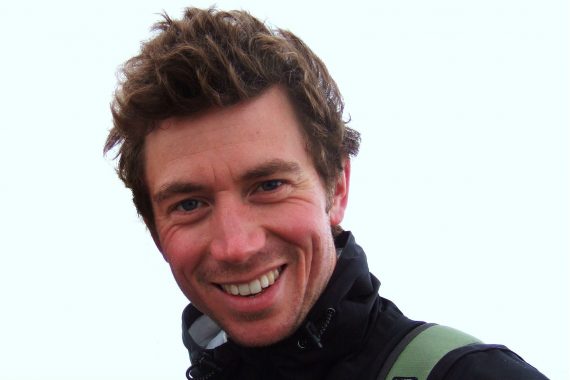‘Are you sure you want to go to Denmark for two weeks when your wife is 35 weeks pregnant?’ was the initial response from my GP trainer when I told him I had applied through the RCGP for a grant from the Hippocrates Exchange Programme to observe general practice for two weeks at Rødding Lægehus (surgery) in Denmark.
The answer was yes. I chose Denmark for a number of reasons. Most importantly, the highly regarded system of socialised medicine is similar to that of the UK, albeit on a much smaller scale with a population of 5.5 million. It was also somewhere that I had always wanted to visit, and I was aware that most people speak very good English.
The differences were merely administrative and organisational – the similarities run much deeper
On my first day in Rødding, I quickly became aware of differences between general practice in Denmark and the UK. However as time went on, I came to realise that the differences were merely administrative and organisational – the similarities run much deeper. The challenges and skills required to provide good quality general practice are very much the same.
GPs in Denmark show the same compassion, care, communication skills and diagnostic ability that are the bedrock of family medicine. They emphasise, just as we do, the importance of the longitudinal relationship with patients – what we call ‘cradle to grave’ care. Discussions over coffee – although in a different language – have the same content, passion and body language. There were the same conversations about the difficulties of behaviour change in patients with multiple comorbidities who continue to smoke, and stories told with empathy about the often unbelievably difficult lives of some patients.
Although I was unable to understand the language, I found that by the end of most consultations, I understood why the patient had come to see the doctor. Being unable to speak the language meant focusing on body language, tone of voice and other non-verbal cues that I might usually be distracted from by the content of the language used.
Although the similarities were far more profound than the differences, the differences are primarily what I went to Denmark to observe. The most notable difference was the working hours and workload. The day starts at 8am and runs until 4pm when the out of hours service takes over, contrasting sharply with the current workload faced by GPs in the UK. The surgery offered extended hours one day a week until 5pm and were very surprised that we ran surgeries on Saturdays concurrently with the out of hours service. In Denmark, it seems the norm to work five days a week as a GP, which is perhaps a reflection of the better working conditions. The atmosphere in every part of the surgery was tangibly more relaxed, and the day even included a break from 12-1 for lunch provided by the surgery for all staff.
Appointment times vary from ten to 30 minutes. My host expressed shock that we would try to assess a patient presenting with depression in ten minutes.
My two weeks in Denmark gave me a glimpse of another way of doing general practice – one that is more sustainable, provides better continuity of care, and is perhaps ultimately more rewarding. Furthermore, this is done at a similar cost per capita as the UK. I’m sure that working conditions vary between practices in Denmark, much as they do in the UK, and the practice in Rødding were keen to stress the importance they place on a good working environment for their staff which meant not earning as much as they might otherwise. I was also visiting the practice during a quieter time of the year. In the winter, the hours can be more like 7.30am to 5pm. Interestingly, despite the different working conditions, a similar recruitment crisis exists in general practice in Denmark as in the UK.
My two weeks at Rødding Lægehus were far more interesting and useful than I ever could have imagined. I hope that it will influence my future practice and I certainly have a number of ideas that I will be sharing with colleagues back in England.
Dr Simon Thornton is an academic GP registrar in Bristol

















